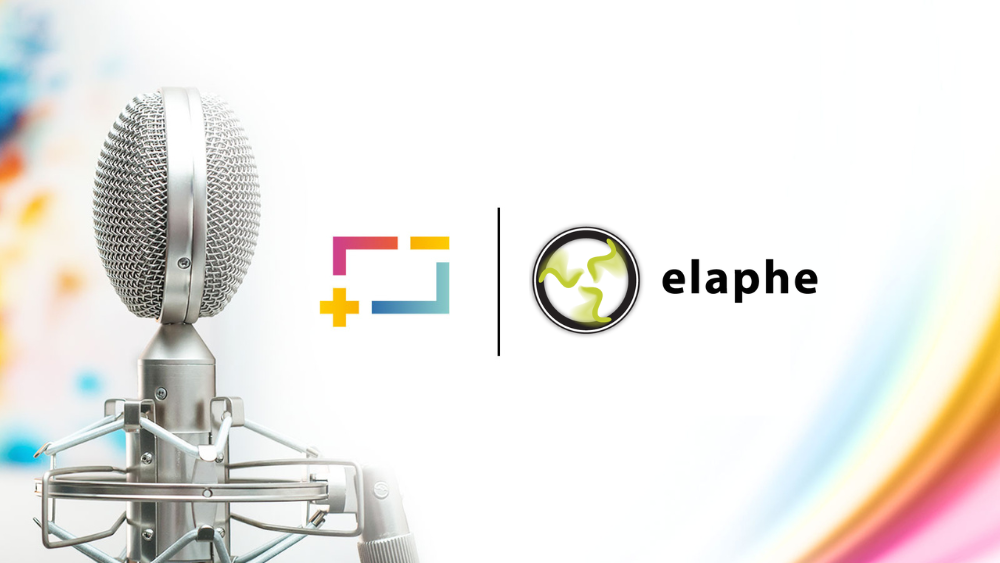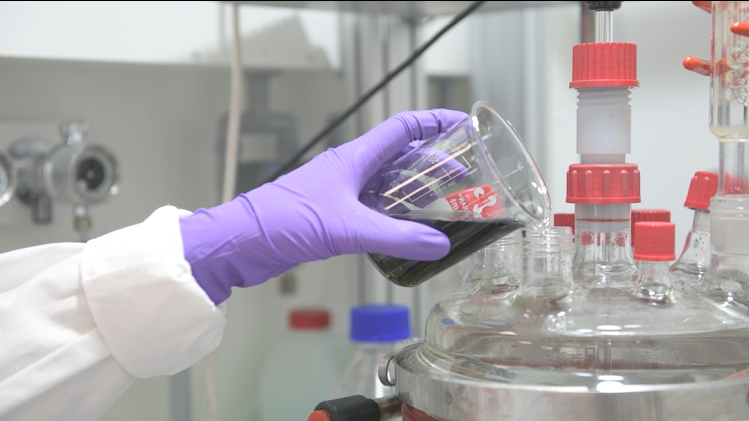Interview — 11 Jan 2023
As part of the series “Meet ASTRABAT”, discover the work implemented by Jože Buh and his team at Elaphe.
Dr. Jože Buh is Head of R&D at Elaphe Propulsion Technologies. His expertise is focused on the development of high-performing and durable automotive components with a special interest in advanced materials for insulation and sealing of electric machines.
Elaphe Propulsion Technologies Ltd. is a company based in Slovenia. It provides the next-generation EV propulsion platform together with an architected and integrated ecosystem to ensure effective, efficient, reliable and optimized propulsion. The end-to-end ecosystem includes key enabling and auxiliary technologies, control software, know-how, and ready-for-use solutions. The Elaphe platform enables the next level of mission-specific and user-focused design.
Elaphe has very specific expertise and know-how in the electric vehicles (EV) sector: how is this being used within ASTRABAT?
Elaphe is using its expertise in high-technology automotive components development to test the solid-state batteries developed within the ASTRABAT project. The testing will be done under typical electric vehicle loads on one of our test vehicles, otherwise used to test the advanced EV vehicle dynamics algorithms and hardware such as in-wheel motors.
What knowledge is your team bringing to ASTRABAT to do such testing?
Elaphe is an EV drivetrain system provider. Our team has more than 15 years of experience in innovative EV technologies, in making EVs more efficient, reliable, and user-friendly. To develop new automotive technologies, it is highly important to test components and rate their performance according to requirements, user safety and environmental impact.
With this experience, we are bringing our vehicle testing capabilities to the ASTRABAT project to test the prototype cells under electric vehicle loads and under extreme conditions.
Could you explain the research work you are carrying out in ASTRABAT in a bit more detail?
Our contribution to the project began in the first 6 months of the project by reviewing the existing technical standards for electric vehicle traction batteries. In these standards, there is a huge emphasis on battery safety. All-solid-state batteries (ASSB) are inherently safer when compared to conventional lithium-ion batteries due to the lack of flammable electrolytes and at the same time, they also provide higher energy density. Based on this work, battery prototypes acceptance criteria and a testing plan were developed.
In which ways will you contribute to the final phase of the project?
For Elaphe the most exciting part of the project is yet to come – this is the testing of the battery cells under realistic EV loads in one of our testing vehicles. This will give us direct insight into the behaviour of what we believe will be an important part of future EVs.
It sounds exciting! To conclude, could you share which aspects of your research work in ASTRABAT are the most innovative?
Elaphe is acting as a drivetrain system partner on the project. Compared to research partners we are therefore not involved in the deep research aspect of the battery development and operation but are instead involved in the testing and validation activities. This gives us a front-row seat to evaluate future technologies and take advantage of the specific benefits that ASSB bring.



